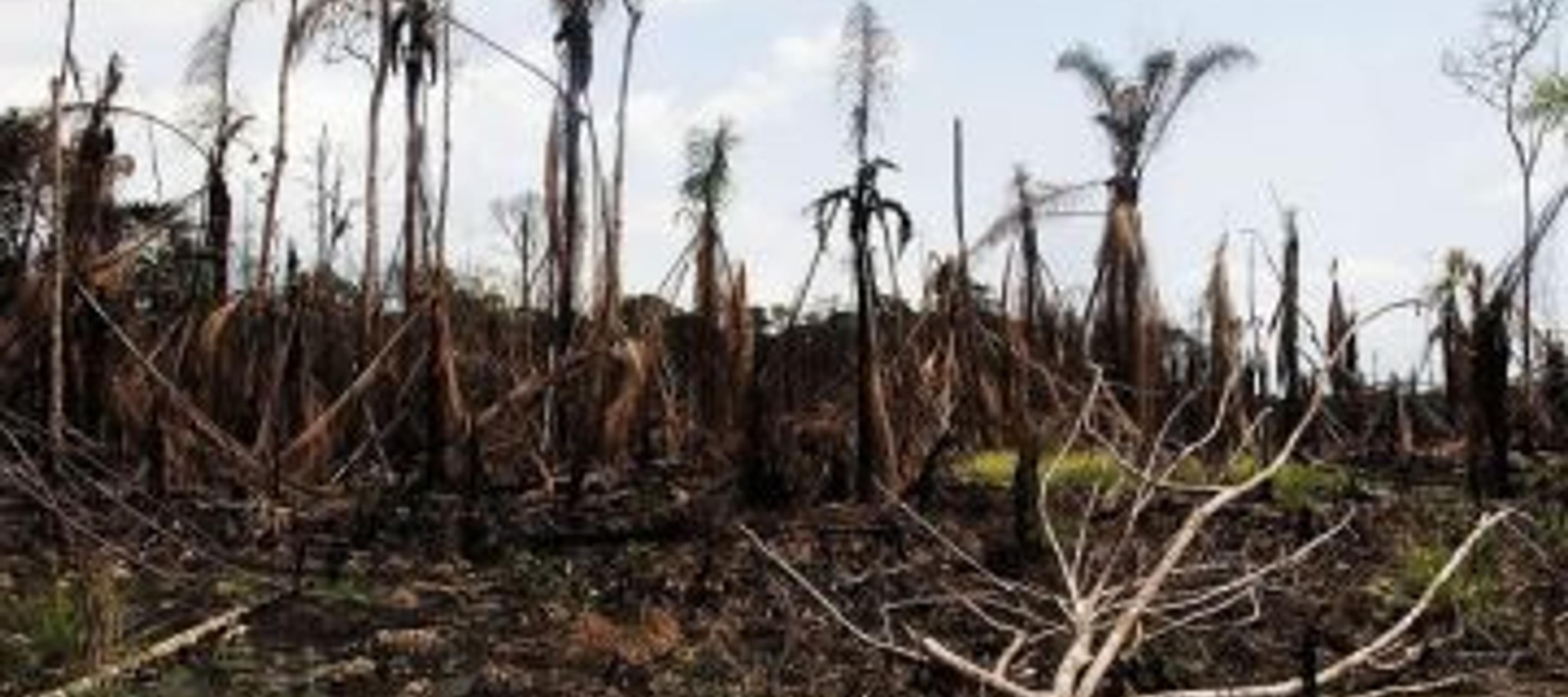Settlement Involving Niger Delta Fishermen Leaves Shell More Exposed Than Ever
12 January 2015

It is paradoxical that a court action taken against Shell by Niger Delta fishermen is likely to have greater consequences than a ground-breaking United Nations report. There has been no real progress since the UN Environmental Programme (UNEP) published the findings of a scientific study in 2011 into the appalling impacts of oil pollution in the Ogoniland region of the Niger Delta. It found that hundreds of thousands of people have been exposed to serious health risks from soil, drinking water, fisheries and air contaminated with oil particles.
UNEP was very clear in blaming Shell and the Nigerian Government. The main recommendation to Shell was to overhaul procedures for oil spill clean-up and remediation, as well as to improve on contracting and supervision. As of today, Shell still persists with the inadequate clean-up methods that UNEP condemned in its study.
Last week’s announcement of an outcome of the court case taken by the Bodo fishermen may have more effect in galvanising Shell into action. It will certainly increase scrutiny of the company. In a statement following the settlement, the Managing Director of SPDC, Mutiu Sunmonu, contended that “From the outset, we’ve accepted responsibility for the two deeply regrettable operational spills in Bodo. We’ve always wanted to compensate the community fairly…”.
The evidence indicates otherwise. Far from taking responsibility, Shell made false claims about the size and impact of two major oil spills at Bodo in an attempt to minimise its compensation payments. The £55m settlement was the outcome of a lengthy judicial process during which Shell admitted that its figures were wrong in this case and that of a second spill in 2008 in the same area. The admission throws Shell’s assessment of hundreds of other Nigeria spills into doubt, as all spill investigations are conducted in the same manner.
Shell’s joint investigation report for the first oil spill in the Bodo area of the Niger Delta claims only 1,640 barrels of oil were spilt in total. However, based on an independent assessment published by US firm Accufacts Inc., Amnesty International calculated the total amount of oil spilt exceeded 100,000 barrels. Shell denied this and repeatedly defended its far lower figure until its retraction during the court case.
The court documents also show for the first time that Shell knew for years that its oil pipelines were in very poor condition and likely to leak. The court papers include an internal memo by Shell based on a 2002 study that states "the remaining life of most of the [Shell] Oil Trunklines is more or less non-existent or short, while some sections contain major risk and hazard”.
Closing one book and opening another
While Shell will do everything it can to close the book on the negligence and misinformation accompanying the Bodo spill, the pressure on the company to be transparent with the facts and to clean up its contamination across all of the Niger Delta will intensify as other affected communities, encouraged by the outcome of the Bodo case, may also consider legal action.
This case has created a landmark in so far as it has undermined some of the key pillars of Shell’s attempts to defend itself from culpability for oil spills in the Delta.
For a start, the company can no longer take the moral high ground by claiming that it has done everything that can reasonably be expected to avoid oil spills from its facilities. Perhaps more significantly, the judge in a preliminary hearing concluded that the company has to take precautions to protect its pipelines in a way that would normally stop thieves from causing the damage that leads to oil spills – effectively nullifying Shell’s claim that it is not responsible for sabotaged pipes.
After decades of neglect, Shell has put itself in a situation where it may have to show in future court cases that it has taken adequate precautions to prevent oil spills, by for example installing tamper proof equipment, putting in place sensors and valves to detect spills, and shutting off oil flow in event of a breach, heeding warnings of particular attacks or thefts, and ensuring pipelines do not get so corroded that they are easy to tap into.
While the compensation awarded is important to the affected communities, the wider ramifications of the Bodo case are much more significant in moving us closer to the truth and helping to bring about greater accountability in future for Shell’s actions and those of other companies operating in similar contexts. This is why Amnesty International puts such a strong emphasis on access to judicial remedy for victims of corporate abuses. We want to see many more opportunities for affected communities, such as the Bodo fishermen, to have their day in court.




